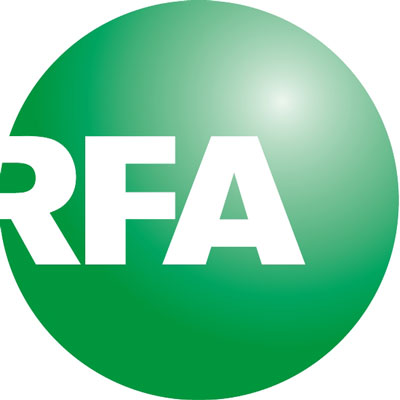
Vietnam has added new information controls ahead of a ruling Communist Party Congress, setting up an “Anti-Fake News Center” and threatening to punish any leak of leadership candidates, new curbs on top of a 2020 crackdown that saw intensified repression of civil and political rights.
The launch of the center comes less than two weeks before the opening of Vietnam’s 13th party congress, where the party will secretly select a list of candidates for senior party positions over the next five years.
In a stern warning to potential candidates and media, an official overseeing the confidential election told state media that anyone responsible for leaking or publishing false or secret information about the process would be punished under Vietnamese law.
The government’s focus on controlling the media is consistent with its behavior over the past year according to New York-based Human Rights Watch, which released its 2021 World Report Wednesday saying Vietnam “continued to violate basic civil and political rights in 2020.”
“Those who criticized the government or party faced police intimidation, harassment, restricted movement, physical assault, arbitrary arrest and detention, and imprisonment… Party-controlled courts sentenced bloggers and activists on fabricated national security charges,” the report said.
Regarding freedom of media and access to information, the report said “authorities block access to websites, frequently shut blogs, and require internet service providers to remove content or social media accounts deemed politically unacceptable.”
The new anti-fake news center will now enhance the government’s ability to pinpoint information it finds problematic.
The center will be managed by the Authority of Broadcasting and Electronic Information, part of the Ministry of Information and Communications, which oversees the exercise of freedom of expression and press freedom in the country.
“Fake news is created by human beings, therefore the people must have a means of detecting and dealing with fake news,” Luu Dinh Phuc, the chief of the authority told state media.
Users can report suspected fake news for investigation on the center’s new website, which categorizes and classifies what it determines to be fake news by topics including policy, law, economy, finance, health, disasters, pandemic, national security, social order, fake accounts, and deceitful links.
A report recently published on the website entitled “Identifying and classifying fake news on the internet” identified new regulations and decrees that could be used against those suspected of spreading fake news or rumors on social media.
These included Decree 15/2020, which imposes fines of 10-20 million dong (U.S. $430-860) on those who spread fake news on social networks, and a controversial cybersecurity law that took effect in Jan. 2019 that grants authorities “sweeping powers to censor online content,” requiring technology companies to identify users and remove politically sensitive postings.
Additionally, spreaders of content the government finds problematic could be charged with article 117, one of several vague provisions in the penal code often used by the government to detain writers and bloggers.
RFA reported Jan. 5 when authorities sentenced dissident blogger Nguyen Tuong Thuy to 11 years in prison for writing articles online criticizing Vietnam’s one-party communist government, one of many cases where the government has invoked article 117.
Nguyen is a former vice president of the Vietnam Independent Journalism Association who had blogged on civil rights and freedom of speech issues for RFA’s Vietnamese Service for six years.
Two other RFA Vietnamese Service contributors are serving jail terms in Vietnam. They are Truong Duy Nhat, a blogger who was sentenced in March last year to 10 years, and Nguyen Van Hoa, a videographer who was sentenced in November 2017 to seven years.
Leaders chosen in secret
A secret list of communist party candidates under consideration for the country’s top offices will be filled at Vietnam’s National Party Congress, set to begin Jan. 25.
While major policy changes are not anticipated during the 13th congress, candidates to take over party leadership for the next five years will be decided.
Those who make the secret list public will be legally responsible, the deputy chairman of the National Election Committee and chairman of the Vietnam Fatherland Front Central Committee, Tran Thanh Man said Wednesday.
He said that those who post untruthful information related to the selection process on social media will be treated in accordance with Vietnamese law.
“This should absolutely not be used in the media to make a name for oneself,” Tran said, sternly warning both the candidates and the media.
During the congress, some 1,600 national delegates will vote to elect the 200 members of the Central Committee, who will then choose the politburo, which usually consists of 17 to 19 members, including its general secretary.
The list of candidates for the politburo’s offices was designated in November as secret by the Prime Minister Nguyen Xuan Phuc.
Nguyen in August also decided that information regarding the medical records of members of the politburo and secretariat, including examination results and treatments, were to be classified as “absolute secrets.”
Reported by RFA’s Vietnamese Service. Translated by Huy Le. Written in English by Eugene Whong.